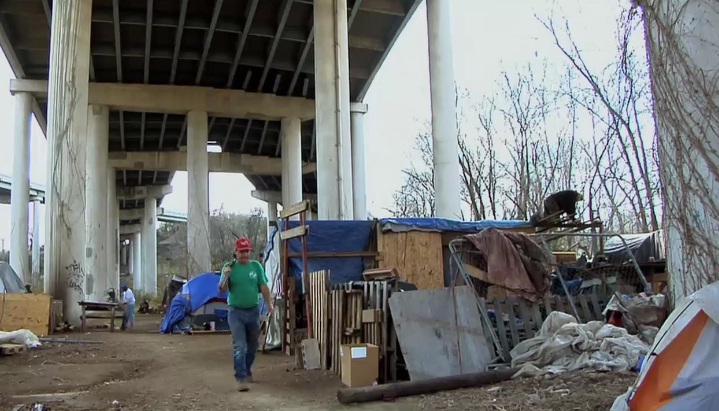Recently I lunched with a friend only a few miles from what I call Nashville’s “third world district,” albeit mainly composed of people born in the United States.
It is one of the trendy spots, a major attraction for millennials, where I was struck by the difference between what it is now and what it used to be, housing for some of our poorest.
The food was good, and I admit I enjoyed seeing no one malnourished.
Until I closed my leadership training business to care for my father 14 years ago, my volunteer work for the disadvantaged was only part time. And then years after my father died and I had applied to over 500 jobs, with just bits and pieces of work, I concluded that God intended me to perform this work full time.
These groups have included young people who work hard, but their backgrounds dictate only seasonal or temporary work.
Some have learning disabilities or grew up without good parental influence, in turn making them vulnerable to gangs — in turn destining them for prison.
As I viewed the young people in the restaurant, I wondered how many could even imagine the other side of the city so close by.
The elderly now occupy most of my time because they no longer can live on their Social Security checks that once met their basic needs, enabling them to retain their dignity.
Many who have spent their savings on health care or other necessities live in conditions appearing worse than those of foreign refugees for whom many Americans want to provide food, shelter and health care.
Many here live in drug- and bedbug-infested housing. Crime in their neighborhoods deters them from stepping outside their residences.
They, like the overseas refugees, live almost like nomads. Many share small apartments and get evicted for one reason or another, including those demolished for new high-rises in a progressive Nashville.
Some move from one cheap motel to another because of rent increases.
Many are ill from poor nutrition and lack proper health care — especially our veterans. Most never before applied for food stamps or SSI. (continue reading)
